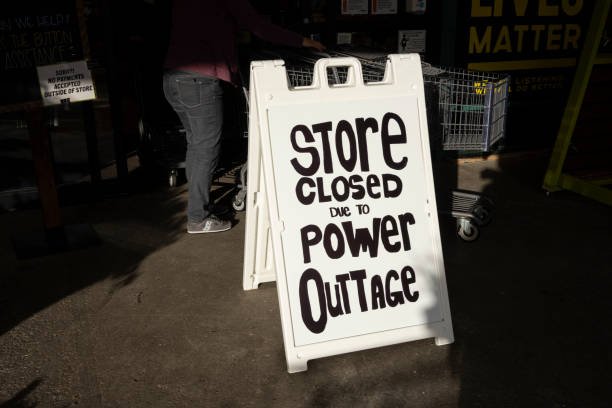Loadshedding, the intentional power outage implemented by power utilities to reduce the demand for electricity during times of energy shortage, has become a significant issue in South Africa over the past few years. The impact of loadshedding is felt across all sectors of the economy, but the health sector in particular is vulnerable to its effects. In this article, we will explore the impact of loadshedding on the health sector in South Africa.
Impact of Loadshedding on Health Sector in South Africa
Below is an explanation on the impact of loadshedding on health sector in South Africa:
- Disruption of medical procedures: Loadshedding can disrupt medical procedures that require electricity, such as surgeries, laboratory tests, and medical imaging. Hospitals and clinics may have to reschedule or cancel procedures, which can lead to delays in treatment and longer waiting times for patients. This can have serious consequences for patients’ health outcomes and may result in a backlog of patients requiring medical attention.
- Interruption of critical equipment: Loadshedding can also interrupt the functioning of critical equipment, such as ventilators, dialysis machines, and heart monitors. This can put patients’ lives at risk and may require emergency interventions. In addition, the interruption of critical equipment can lead to equipment damage and the need for costly repairs or replacements.
- Impact on medication storage: Loadshedding can also impact the storage of medication, particularly those that require refrigeration. Without proper refrigeration, medication can become ineffective or even harmful. This can result in wastage of medication and increased costs for healthcare facilities.
- Stress on healthcare workers: Loadshedding can place significant stress on healthcare workers, who are already under pressure due to the demands of their work. Healthcare workers may have to work longer hours, deal with frustrated patients, and cope with the added stress of dealing with equipment failures and other disruptions caused by loadshedding.
- Reduced access to healthcare: Loadshedding can lead to reduced access to healthcare for patients in rural areas and those without access to backup generators or alternative sources of power. This can exacerbate existing inequalities in the healthcare system and lead to further health disparities.
Video: South Africa’s healthcare sector under strain due to load shedding
Loadshedding has a significant impact on the health sector in South Africa. Disruption of medical procedures, interruption of critical equipment, impact on medication storage, stress on healthcare workers, and reduced access to healthcare are all ways in which loadshedding can affect the health sector. It is important for policymakers and healthcare leaders to address the issue of loadshedding and ensure that healthcare facilities have adequate backup power sources and contingency plans in place to minimize the impact on patient care.



